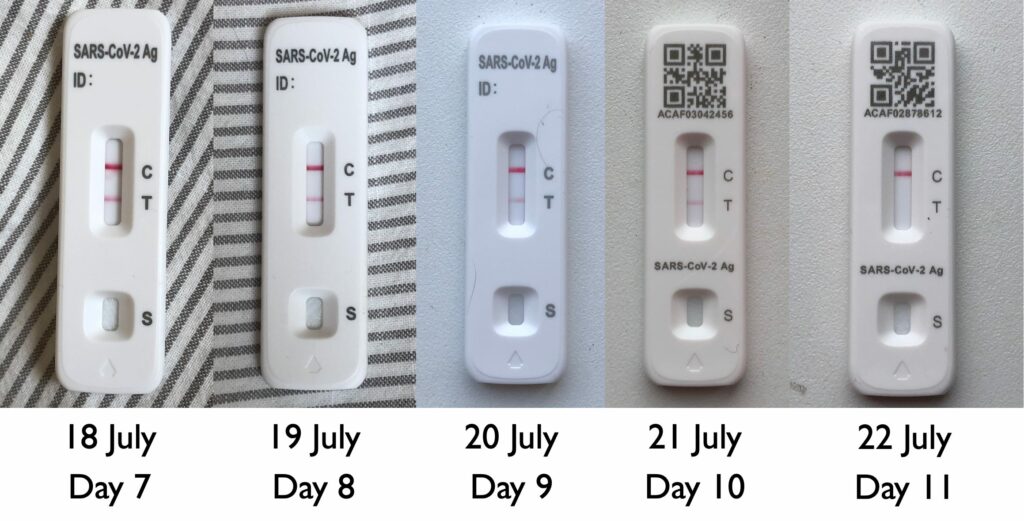I vaguely remember reading an article a few years ago that discussed some of the effects of moving to en energy economy driven by solar and wind. Aside from the superficial environmental impact, there’s a fundamental change in moving from a world where energy plants consume fuel and therefore have high marginal costs, to a world where the marginal cost of energy production effectively drops to zero. (Apart from comparatively small ongoing maintenance costs.)
A sufficiently large quantitative change can easily flip over into a qualitative change. If electricity can be made abundantly and (effectively) “for free”, all kinds of things become possible that previously were non-viable. I think this is similar to what the availability of computing power has done in the cloud era. (Like how you can set up a tech company without owning your own racks of servers; machine learning; and, regrettably, blockchains.)
This blog post by Casey Handmer of Terraform Industries shows big ambition and presents a hopeful vision for a possible future where the bulk of the world’s hydrocarbons can be mined from the atmosphere as a result of this shift in cost:
Our process works by using solar power to split water into hydrogen and oxygen, concentrating CO2 from the atmosphere, then combining CO2 and hydrogen to form natural gas. […] As far as any of the market participants are concerned, fuel synthesis plants are less polluting, cheaper gas wells that convert capital investment into steady flows of fuel in a boringly predictable way.
There is nothing particularly special about the technological approach we’re taking. Each of the various parts is built on at least 100 years of industrial development, but up until this point no-one has considered scaling these up as a fundamental source of hydrocarbons, because doing so would be cost prohibitive. Why? The machinery is not particularly complex, but the energy demands are astronomical. Yet as our atmospheric CO2 concentration creeps steadily ever upwards year over year, our ability to extract silicon from rocks and transform it in frankly magical ways continues to progress.
One of these ways has produced the cheapest electricity ever. Electricity so cheap that in an ever growing number of markets it now makes more sense to turn solar electricity into hydrocarbons, than to burn hydrocarbons to make electricity.
Casey Handmer, “We’re going to need a lot of solar panels”
